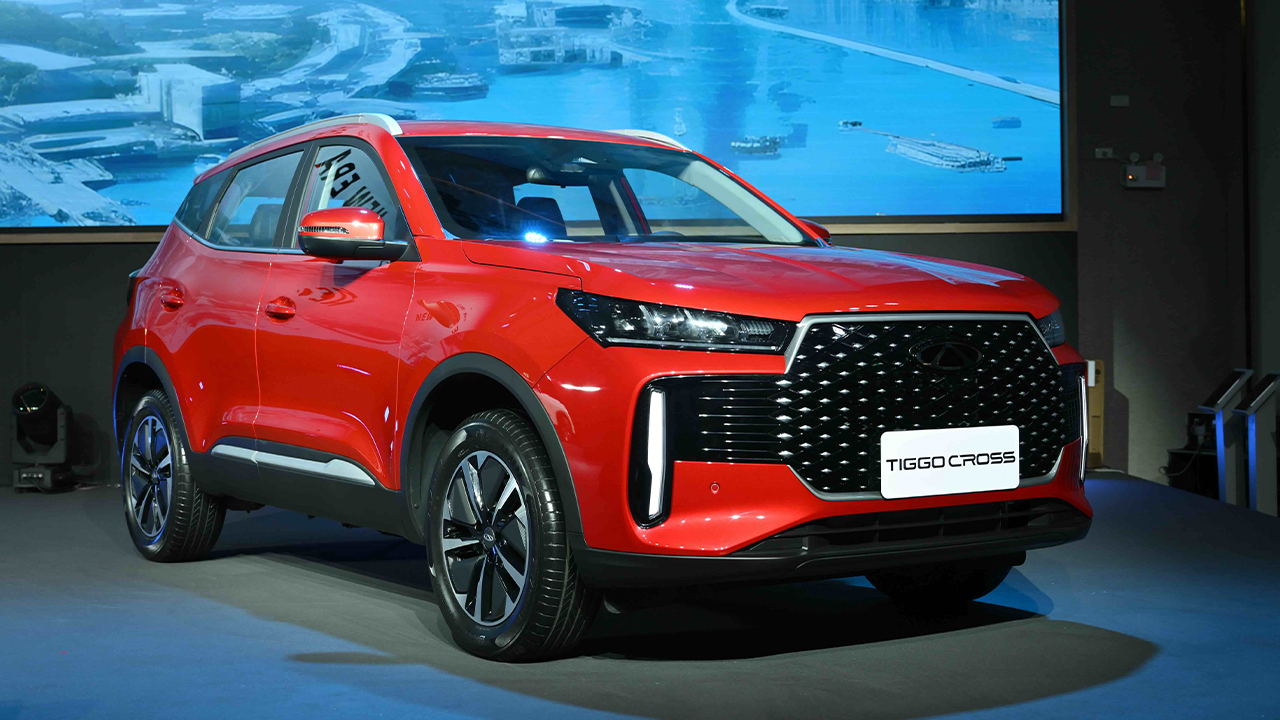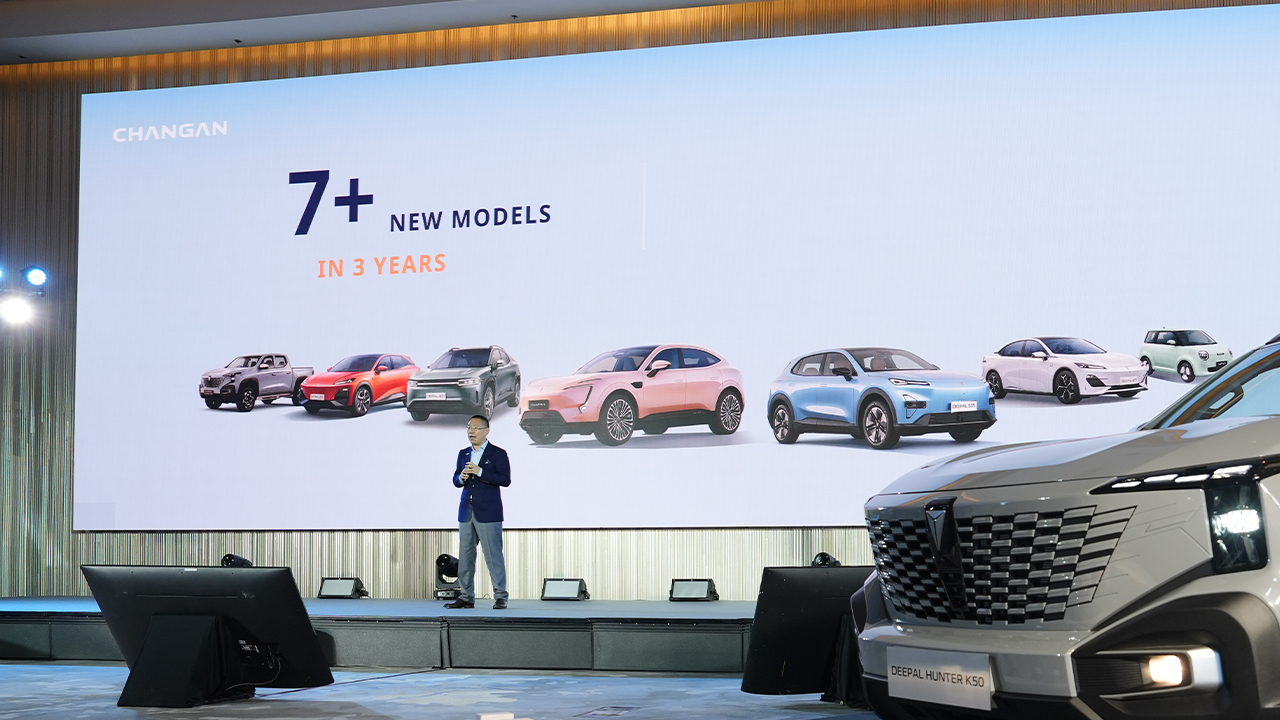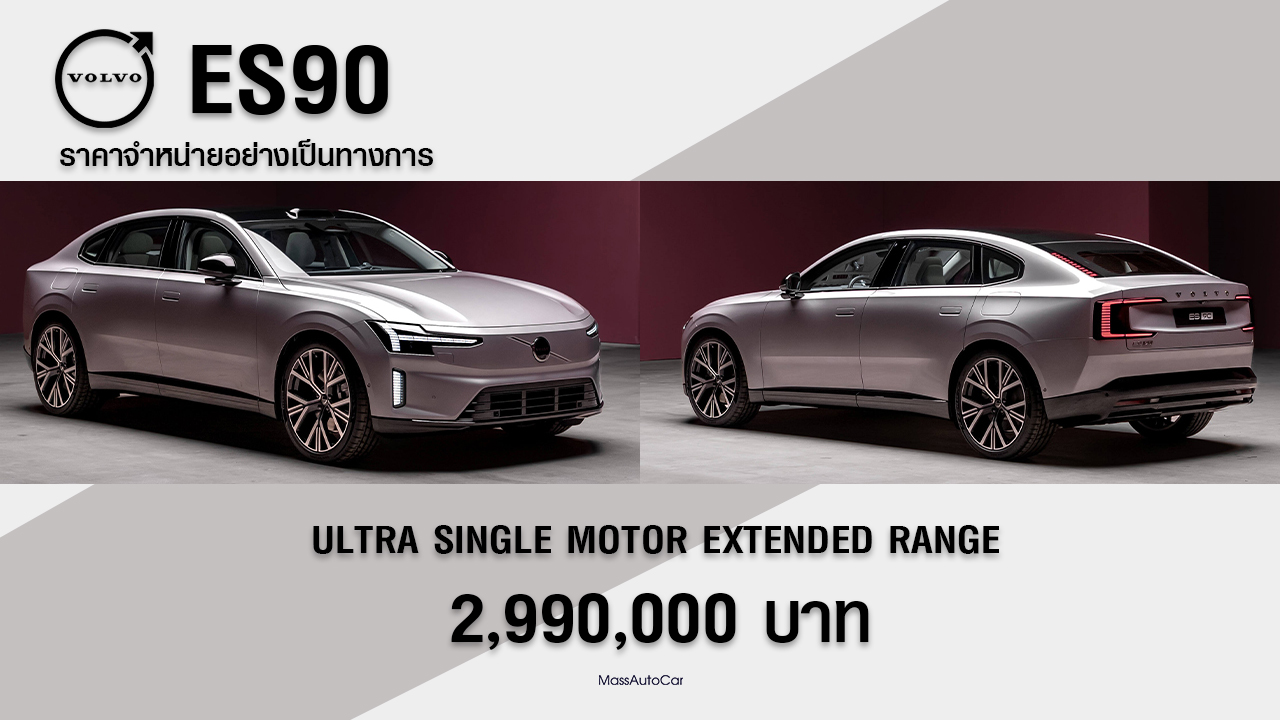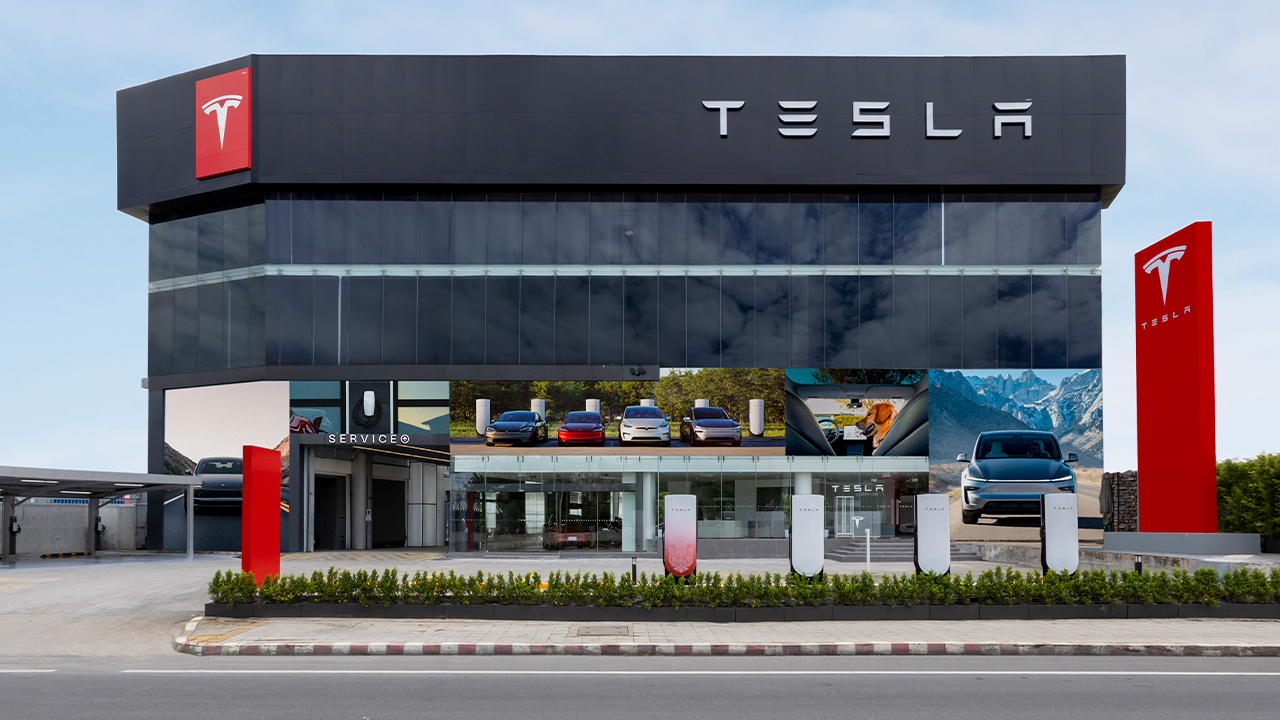
CHERY set to officially launch its brand and fully enter the Thai market this year, with plans to invest in establishing a production base in Rayong province. The company is preparing to launch new car models: CHERY Tiggo 8, CHERY V23 (iCAR V23), CHERY Tiggo Cross, and CHERY Tiggo 7, and aims to expand its dealer network to 30 locations nationwide within this year.
Performance-wise, the CHERY Tiggo 8 and Tiggo 7 will come equipped with the CHERY Super Hybrid (CSH) plug-in hybrid system, which combines a 1.5-liter turbocharged engine with an electric motor. The engine produces a maximum of 156 horsepower and 220 Nm of torque, while the electric motor delivers 204 horsepower and 310 Nm of torque. The vehicles will also feature an electric-only driving mode, offering a driving range of 90 kilometers based on the WLTC standard.
The CHERY Tiggo Cross will feature a hybrid drivetrain combining a 1.5-liter engine with an electric motor. The engine generates 96 horsepower and 120 Nm of torque, while the electric motor provides 204 horsepower and 310 Nm of torque.
The CHERY V23 is a fully electric vehicle, delivering 211 horsepower and 292 Nm of torque.
CHERY also highlights the advantages of its Chery Super Hybrid platform, focusing on three key selling points:
-
Driving range of over 1,400 kilometers per tank of fuel
-
High-safety battery system, even in collisions
-
Versatility for both travel and daily life
In a move to elevate Thailand's automotive industry and establish the country as a regional EV production hub in Southeast Asia, CHERY Automobile has recently joined forces with King Gen Co., Ltd. (KGEN). This collaboration is supported by the Ministry of Higher Education, Science, Research, and Innovation (MHESI), the National Science and Technology Development Agency (NSTDA), and the Ministry of Commerce’s policy to promote the use of domestic parts in vehicle production. The partnership focuses on developing a Thai national EV brand, enhancing domestic EV technology capabilities, and supporting local parts manufacturers to enter the global supply chain. The initiative aims to prioritize the sale of affordable EVs within Thailand, making electric vehicles more accessible to Thai consumers. Additionally, the project will leverage the benefits of tax incentives for "Thai-made vehicles," allowing for a competitive pricing system while stimulating the domestic production chain—from sourcing parts and creating jobs to expanding after-sales services across all regions.































